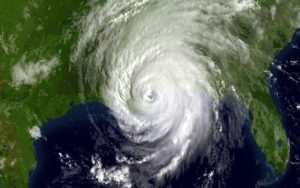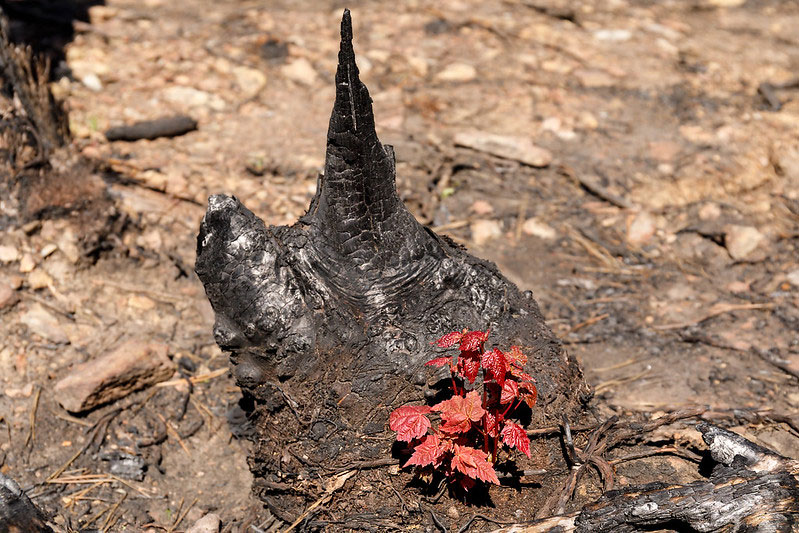June 4, 2011; Source: Associated Press | A consultant study leaked to the press last week concludes that the numbers of victims killed or displaced in the Haitian earthquake were significantly exaggerated. The report, commissioned by the U.S. Agency for International Development, suggests that only 46,000 to 85,000 people were killed, a huge number to be sure, but significantly below the 200,000 to 300,000 estimates of many aid groups, not to mention the official Haitian estimate of 316,000.
The report also indicated that 895,000 people were relocated into temporary housing around Port-au-Prince after the earthquake and 375,000 are still there, compared to the U.N. International Organization for Migration which said 1.5 million people had been moved to temporary housing and 680,000 are still there. Even estimates of the amount of rubble generated by the earthquake are described as dramatically overstated, suggesting that the U.S. Army Corps of Engineers estimate of 20 million to 25 million cubic meters or even the U.N.’s guess of 10 million cubic meters of debris are much more than the study’s estimate of 3.7 million.
Sign up for our free newsletters
Subscribe to NPQ's newsletters to have our top stories delivered directly to your inbox.
By signing up, you agree to our privacy policy and terms of use, and to receive messages from NPQ and our partners.
Even the report’s much lower disaster impact estimates still paint a picture of unimaginable horror from the Haitian earthquake. Are the different estimates simply the result of trying to calculate impacts during devastating chaos? Or were some authorities exaggerating the numbers for a reason? Were the numbers of dead and displaced intentionally increased in order to justify the U.S. commitment of $5.5 billion in aid to Haiti or the continuing charitable contributions supporting the work of 3,000 NGOs in the country?
The U.N. is challenging the figures in this report, and even USAID personnel are suggesting that there might be methodological problems with the consultants’ calculations. But how might development-aid cutters in Congress, already convinced that much aid in Haiti gets wasted through mismanagement and corruption, react to this study?—Rick Cohen












